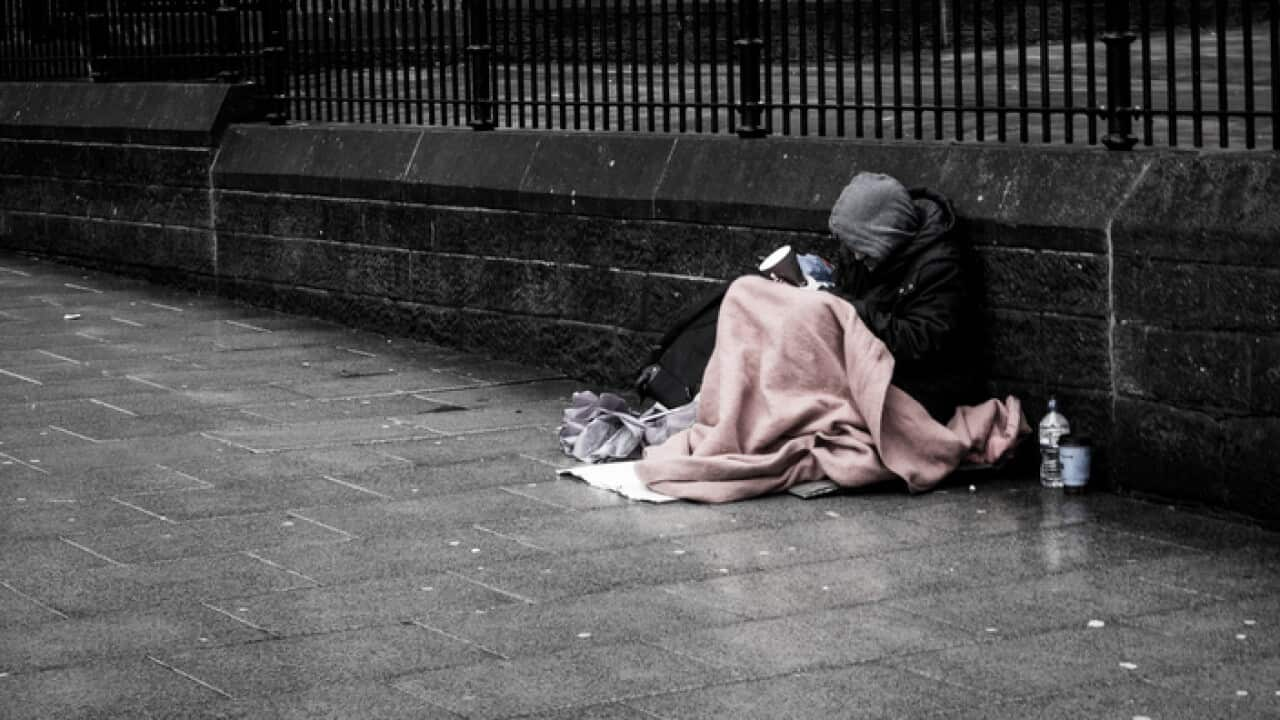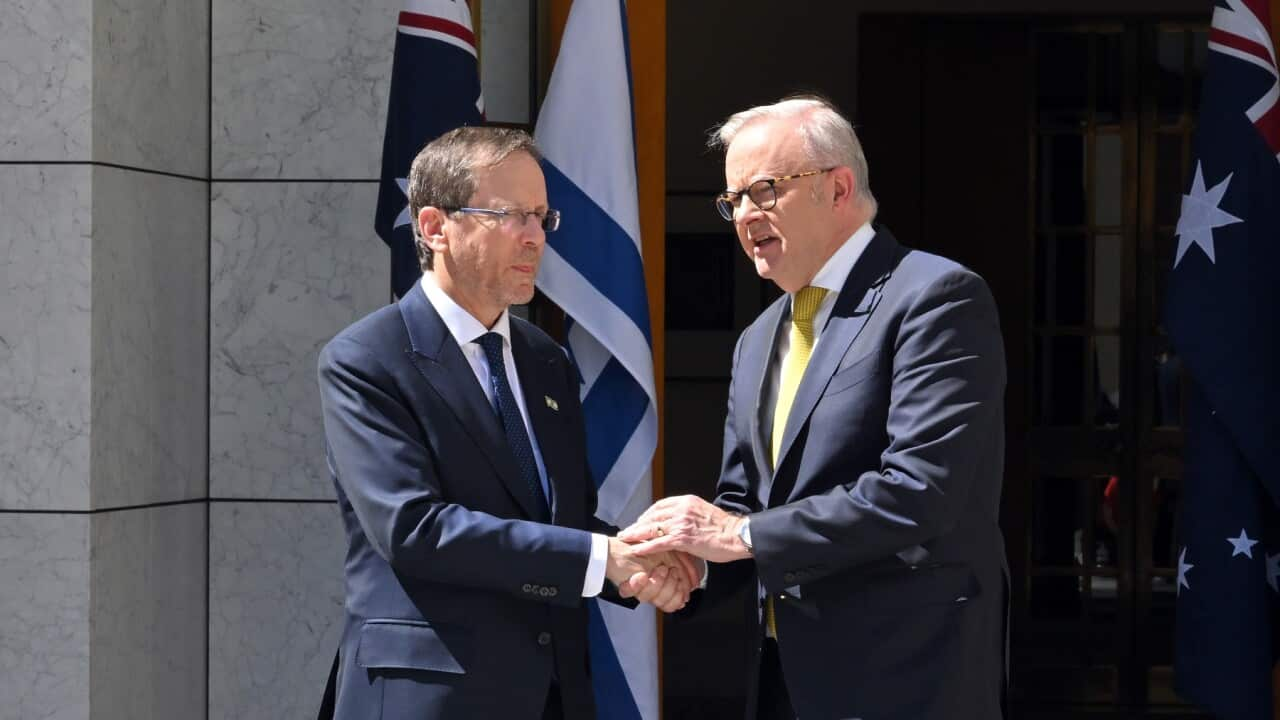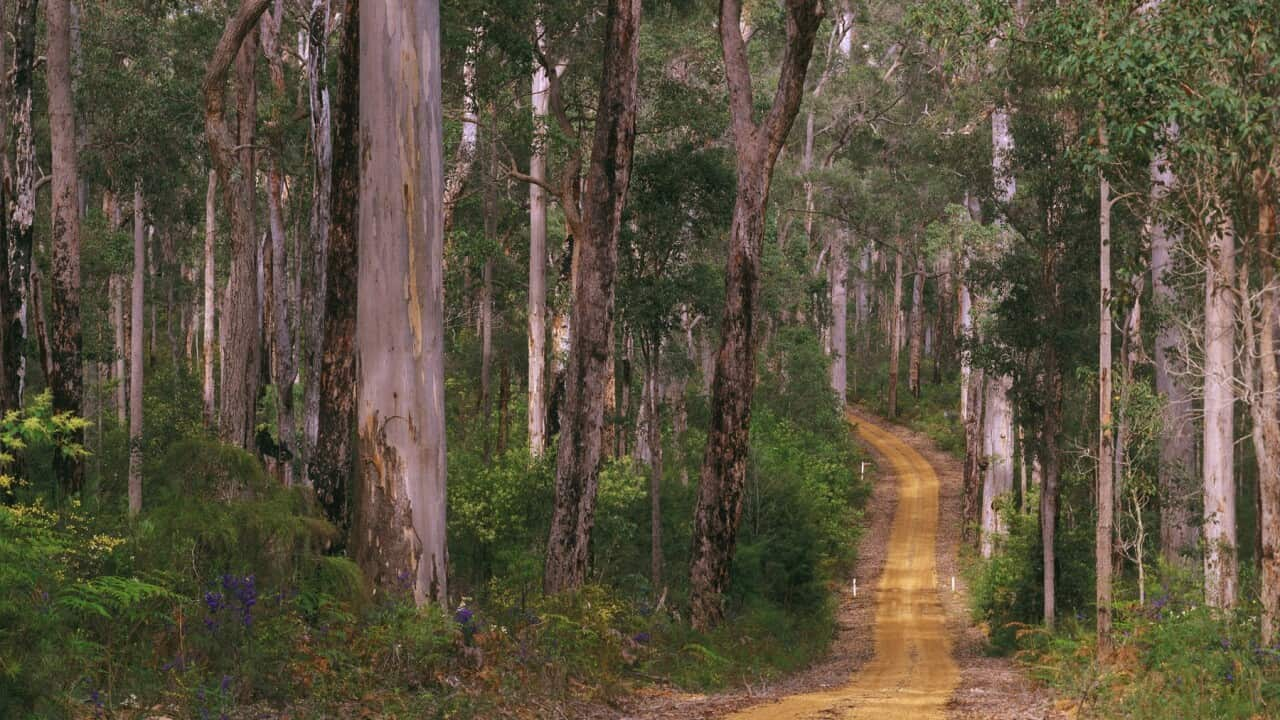SBS Italian news, with a slower pace. This is Slow Italian, Fast Learning, the very best of the week’s news, read at a slower pace, with Italian and English text available.
Slow Italian, Fast Learning, il meglio dei nostri servizi della settimana, letti più lentamente e più scanditi, con i testi in italiano e in inglese.
Italian
Deborah, di Melbourne, non ha casa da quando aveva 14 anni, ma sostiene che il progetto delle mini-case la stia aiutando a cambiare la sua vita.
"I've got my garden out the front and I've put stuff up all around the house and I've tried to make it look attractive and pretty. And I'm learning here how to be stable."
Launch Housing è un'agenzia indipendente che ha lanciato l’idea di costruire sei case minuscole su un terreno del governo altrimenti inutilizzato.
L'amministratore delegato Bevan Barner spiega che ogni mini-casa è grande 20 metri quadrati.
"Well it's a standard home that's shrunk. It's 20 square metres inside with about 9 square metres of front and back balconies and sitting on a plot of land of between 60 to 90 square metres. It's pet friendly, pets can run around it's fenced. It's a small community tethered to a larger community so we have 6 tiny homes on a big suburban block connected to neighbours. And we think it's a fantastic way to tackle chronic homelessness."
Il progetto è costato nove milioni di dollari ed è stato finanziato da vari filantropisti, Launch Housing e dal Victorian Property Fund.
È stata data l'approvazione per costruire 57 mini-case in totale.
Queste abitazioni sono permanenti e le persone vengono scelte da una lista d'attesa del Victorian Housing Register.
Gli inquilini pagano al massimo il 30 per cento del loro stipendio in affitto.
Warner ha esortato i governi locali a utilizzare terreni altrimenti in disuso.
"And what we want is the government at all levels, local government, state and federal government to make that land available to organisations like ours to ensure we can provide permanent housing solutions and pull people straight through from living on the streets, in cars, bypassing crisis accommodation and straight into a permanent housing solution, which we know is important in overcoming the problem."
La consapevolezza del progetto coincide con la Settimana dei Senzatetto, per far sì che più persone vengano a conoscenza del fatto che ci sono 116.000 australiani senza fissa dimora.
Everybody’s Home, il gruppo nazionale per diffondere consapevolezza sul problema, ha analizzato l'investimento in abitazioni per i senzatetto, ed ha scoperto che gli investimenti in questo settore saranno diminuiti di $96 milioni in termini reali entro il prossimo anno.
La portavoce di Everybody's Home, Kate Colvin, è a favore dell'iniziativa delle mini-case.
E chiede anche un piano d'azione nazionale per porre fine al problema dei senzatetto in Australia entro il 2030.
"Look we need a national action plan to end homelessness that includes more investment in social housing and that also includes the supports that people need to end homelessness. So that might be support to exit a violent relationship or support with having an adequate income."
Colvin sollecita gli australiani a scrivere ai loro parlamentari per chiedere azioni concrete per risolvere il problema dei senzatetto.
English
Melbourne woman Deborah has struggled with homelessness from a young age.
She says a so-called tiny home project is helping her turn things around.
"I've got my garden out the front and I've put stuff up all around the house and I've tried to make it look attractive and pretty. And I'm learning here how to be stable."
Independent community agency, Launch Housing is behind the idea which has seen 6 tiny homes built in Melbourne's inner west on otherwise unused government land.
Launch Housing Chief Executive Bevan Warner explains the idea.
"Well it's a standard home that's shrunk. It's 20 square metres inside with about 9 square metres of front and back balconies and sitting on a plot of land of between 60 to 90 square metres. It's pet friendly, pets can run around it's fenced. It's a small community tethered to a larger community so we have 6 tiny homes on a big suburban block connected to neighbours. And we think it's a fantastic way to tackle chronic homelessness."
The $9 million dollar project has been funded by philanthropists, Launch Housing and the Victorian Property Fund.
There is approval to build a total of 57 small homes.
The housing is permanent and people are chosen from the Victorian Housing Register wait list.
Tenants pay "social rent" so are only charged a maximum of 30 per cent of their income.
Mr Warner is urging local governments to utilise land that would otherwise go to waste.
"And what we want is the government at all levels, local government, state and federal government to make that land available to organisations like ours to ensure we can provide permanent housing solutions and pull people straight through from living on the streets, in cars, bypassing crisis accommodation and straight into a permanent housing solution, which we know is important in overcoming the problem."
Awareness of the project coincides with Homelessness Week, which focuses on the 116,000 Australians who are homeless every night.
National housing campaign group, Everybody’s Home has analysed investment in social housing.
It found investment in the issue will have fallen by $96 million dollars in real terms by next year.
Everybody's Home spokesperson Kate Colvin says she supports the tiny homes initiative.
And she's also calling for a bipartisan national action plan to end homelessness in Australia by 2030.
"Look we need a national action plan to end homelessness that includes more investment in social housing and that also includes the supports that people need to end homelessness. So that might be support to exit a violent relationship or support with having an adequate income."
Ms Colvin is urging every day Australian's to write to their MP's to demand action on homelessness.
Report by Hannah Sinclair.




